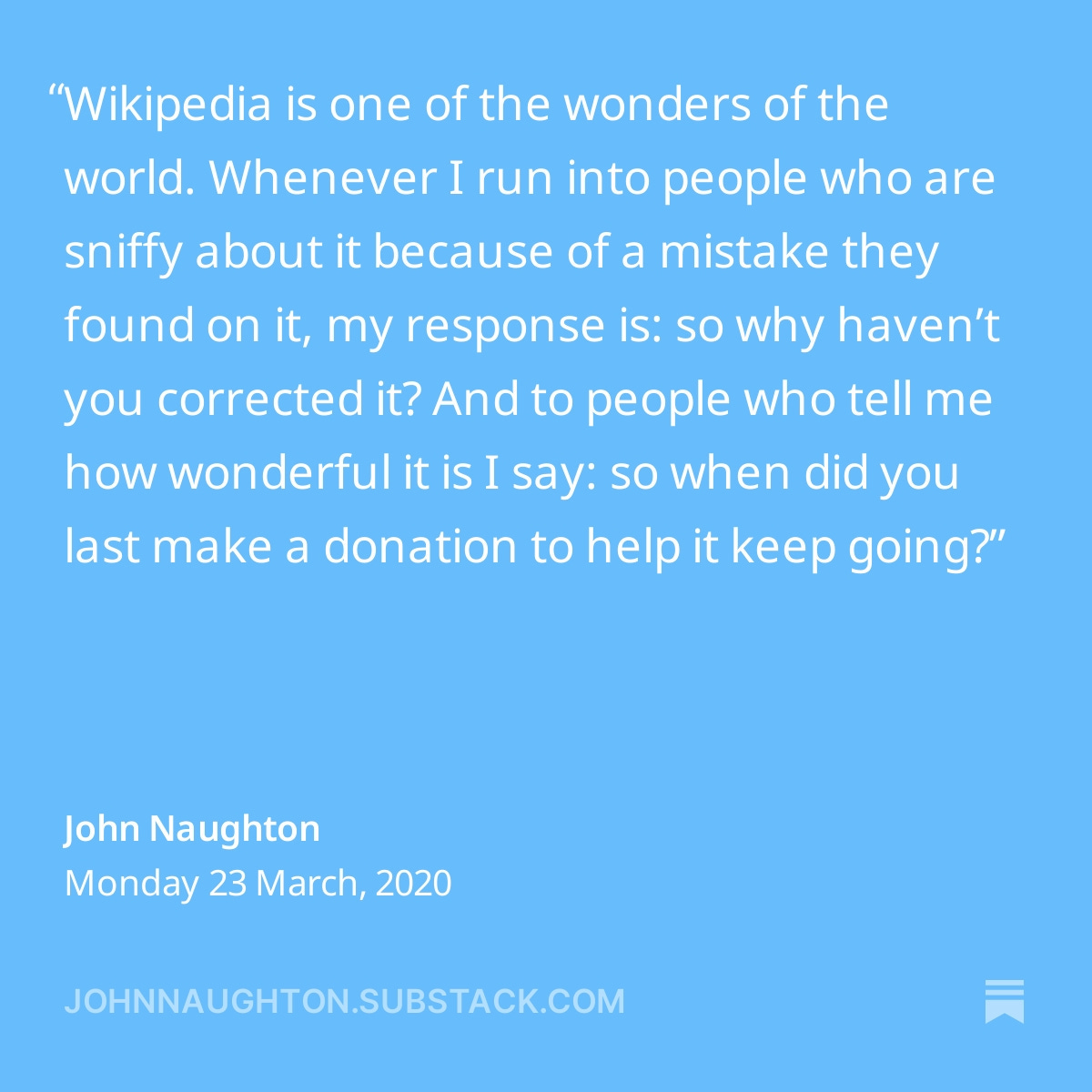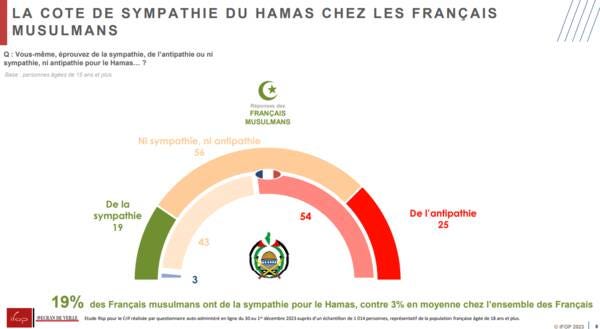This week…
Your reading time is about 8 minutes. Let’s start.

I know that for many readers, this week (and maybe next) will be one for resting. Perhaps many of your go-to news sources and newsletters are on a break too. But if you’re the type to welcome this holiday window as an opportunity to consume even more stories with all the extra time on your hands, you’re in luck because you get double the content this week!
Plus, I will not be asking you to consider a paid subscription because not only has TSB never taken a week off, it will always be free.* However, I do encourage you to contribute to publications of your choice, especially if they are your local outlets. If you live in a place where such a thing doesn’t exist, you can consider a donation to The Conversation and Wikipedia.1
*If TSB ever enables a paid subscription model, it will only be to fund subscriptions to paywalled publications so that TSB can provide gifted links to all readers (paid or free). For example, subscribers to FT, NYT, and WaPo can share up to 10 gift articles every calendar month with non-subscribers. However, that’s not currently part of TSB’s, especially because of Substack’s monetisation policy2 but also because of legitimate criticisms towards the kind of haughty—if not downright problematic—reporting and opinion pieces that these fancy outlets publish, which includes stealing stories without attribution, and racial pandering.345
And now, a selection of top stories on my radar, a few personal recommendations, and the chart of the week.
ICYMI: The Previous Block on historical revisionism. CORRECTION NOTICE: None notified.The new frontiers of diaspora politics
Vita Dadoo for The Dial:
The growing political influence of Mexicans residing abroad has parties vying for their attention. Over the course of the past few months, several electoral candidates have traveled north to try to mobilize Mexicans living in the U.S.
The tactic of looking abroad for votes is not limited to Mexican politics: Recent Polish, Turkish and Indian elections have made politicians mindful of how communities abroad might affect politics at home through electoral agendas. Migration patterns, heightened communication and new technologies now mean that voters no longer have to be located within a country's borders. A new type of “diaspora politics” now shapes domestic politics around the world.
YouTube is the last bastion of unbiased journalism in India
Sonia Faleiro for Rest of World:
For years, NDTV had reported critically on the [Narendra Modi] administration, even as the government clamped down on the press. The government boycotted the network and made accusations of money laundering that cost the company lucrative sponsorships and forced it to lay off a significant proportion of its staff. Yet NDTV held strong. It would not become part of the “Godi media,” a term [Ravish Kumar] had coined to describe pliable journalists — a play on “Modi” and the Hindi word for “lap,” as in “lapdog.” Now, the takeover threatened the company’s independence.
“It was going to become just another media band singing Modi’s praises,” Kumar told Rest of World on a visit to his office one evening this August. “The new management would create a newsroom that would be hostile to the kind of work I did. I didn’t want to give them the opportunity to insult me, not even for one day.” Kumar took to his YouTube channel to announce his decision.
It may work for Indian journalists, but it’s not quite a global phenomenon (see below).
How pro-Russian 'yacht' propaganda influenced US debate over Ukraine aid
Olga Robinson, Shayan Sardarizadeh and Mike Wendling for BBC:
Although the yacht rumour is false, the BBC has discovered the story was given a major boost by a Russia-linked website that pretends to be located in Washington.
It is, researchers say, a “likely purpose-built tool for narrative laundering with links to the Russian government.”
The story first emerged in late November on an obscure YouTube channel - one with only a handful of followers and just a single video in its feed.
The next day, it was picked up by a site called DC Weekly, alongside pictures of the two yachts - called Lucky Me and My Legacy - and documents purportedly confirming the sale of the boats to Volodymyr Zelensky’s associates.
Research by Darren Linvill and Patrick Warren, disinformation researchers at Clemson University, shows that DC Weekly was started by John Mark Dougan, a former US Marine and Florida police officer who moved to Russia in 2016.
Mr Dougan spent three years as a deputy with the Palm Beach County Sheriff’s office, then after he left in 2009 he started a website spreading rumours about his former employers.
Since moving to Russia he has reinvented himself as a journalist covering the invasion of Ukraine, and has spread a number of false and baseless claims...
The tactic is to upload just one video to a handful of followers, perhaps, to evade the platform’s detection.
An AI-driven influence operation is spreading pro-China propaganda across YouTube
David Tuffley (Griffith University) for The Conversation:
A recent investigation from the Australian Strategic Policy Institute (ASPI) has revealed an extensive network of YouTube channels promoting pro-Chinese and anti-US public opinion in the English-speaking world.
The operation is well-coordinated, using generative AI to rapidly produce and publish content, while deftly exploiting YouTube’s algorithmic recommendation system.
Operation “Shadow Play” involves a network of at least 30 YouTube channels with about 730,000 subscribers. At the time of writing this article the channels had some 4,500 videos between them, with about 120 million views.
According to ASPI, the channels gained audiences by using AI algorithms to cross-promote each other’s content, thereby boosting visibility. This is concerning as it allows state messaging to cross borders with plausible deniability.
To read the executive summary by ASPI analyst Jacinta Keast, head over here or download the full PDF report here.
How search engines boost misinformation ($)
Lauren Leffer for Scientific American:
Unfortunately, this time science seems to be on the conspiracy theorists’ side. Encouraging Internet users to rely on search engines to verify questionable online articles can make them more prone to believing false or misleading information, according to a study published today in Nature. The new research quantitatively demonstrates how search results, especially those prompted by queries that contain keywords from misleading articles, can easily lead people down digital rabbit holes and backfire. Guidance to Google a topic is insufficient if people aren’t considering what they search for and the factors that determine the results, the study suggests.
The open-access article by Kevin Aslett et al. is available online here and in PDF.
What I read, listen, and watch…
I’m reading Last Night at the Telegraph Club (2021) by Malinda Lo.
I’m listening to an episode of Nature Podcast by Nick Petrić Howe on why it’s a problem when the inner workings of many AIs are a mystery to many.
I’m watching George Santos’ interview with Ziwe. (Oh god, why.)
I’m also enjoying the play Pride and Prejudice* (*sort of), a bold and hilarious retelling of the famous Jane Austen story, which I am now finally familiar with* (*sort of).
Other curious links, including en español et français:
“How different languages laugh online” by Amy Thorpe and Ravi Hiranand for Rest of World.
“‘I can’t say my own name’: The pain of language loss in families” by Mithu Sanyal for BBC.
“Digital inaccessibility: Blind and low-vision people have powerful technology but still face barriers to the digital world” by Michele McDonnall (Mississippi State University) for The Conversation.
“Si todo es autocuidado, nada es autocuidado: la era dorada de la industria del bienestar (y de la culpa)” por Carmen López en elDiario.es.
“La dolorosa espera de María y otros 1.800 españoles por el primer fármaco CRISPR” por Cristina G. Lucio en El Mundo.
« Sondage sur les Français musulmans et le Hamas : comment plusieurs médias de droite se sont arrangés avec les résultats » par Elsa de La Roche Saint-André dans Libération.
« Quelle langue parlez-vous? : l’aéroport Pearson face à ses obligations linguistiques » par Yanick Lepage dan Radio-Canada.
Chart of the week
From the Ifop poll mentioned in the link above, a minority of French Muslims expressed sympathy for Hamas (19 per cent, compared to the French average of 3 per cent). However, even more of the 1,002 French Muslims polled felt the opposite (25 per cent), while the vast majority of them (56 per cent) said they expressed indifference towards Hamas.
The executive summary (in French) is available here and the full report is available in PDF.
And one more thing
Forensic Architecture’s aggregation of news reports on attacks on hospitals and medical infrastructure since Oct. 7 in Gaza, is visualised here.
Naughton, John. ‘Monday 23 March, 2020’. Memex 1.1, 24 Mar. 2020, https://johnnaughton.substack.com/p/monday-23-march-2020.
Lawler, Richard. ‘Substack Says It Will Not Remove or Demonetize Nazi Content’. The Verge, 21 Dec. 2023, https://www.theverge.com/2023/12/21/24011232/substack-nazi-moderation-demonetization-hamish-mckenzie.
‘Dan Nguyen on X: “Reporters Have HAD It with the Nyt https://T.Co/0zogKa8ISE” / X’. Twitter, https://twitter.com/dancow/status/1687160184659968000. Accessed 22 Dec. 2023.
‘John Lee on X: “Yes, It’s an Actual Column in the Wall Street Journal. It’s so Low-Key Racist That You Already Know What Demographic It Was Written by before Even Looking It up. It Just Screams ‘KAREN’ through and through. https://T.Co/K5CEO75pPl” / X’. Twitter, https://twitter.com/koreanforeigner/status/1491908169047556097. Accessed 22 Dec. 2023.
‘John Lee on X: “I Try to Get Published, and It’s All like, ‘Who Are You? What Are Your Credentials? Can You Trace Your Ancestry Back to Either Charlemagne or Genghis Khan?’ But Then Other People Are like ‘Yeah, I’m Not Taking off My Shoes in Your Shoeless Home’ and Then They Get Published.” / X’. Twitter, https://twitter.com/koreanforeigner/status/1491922395384274946. Accessed 22 Dec. 2023.








Footnote 3 is underrated tbh.